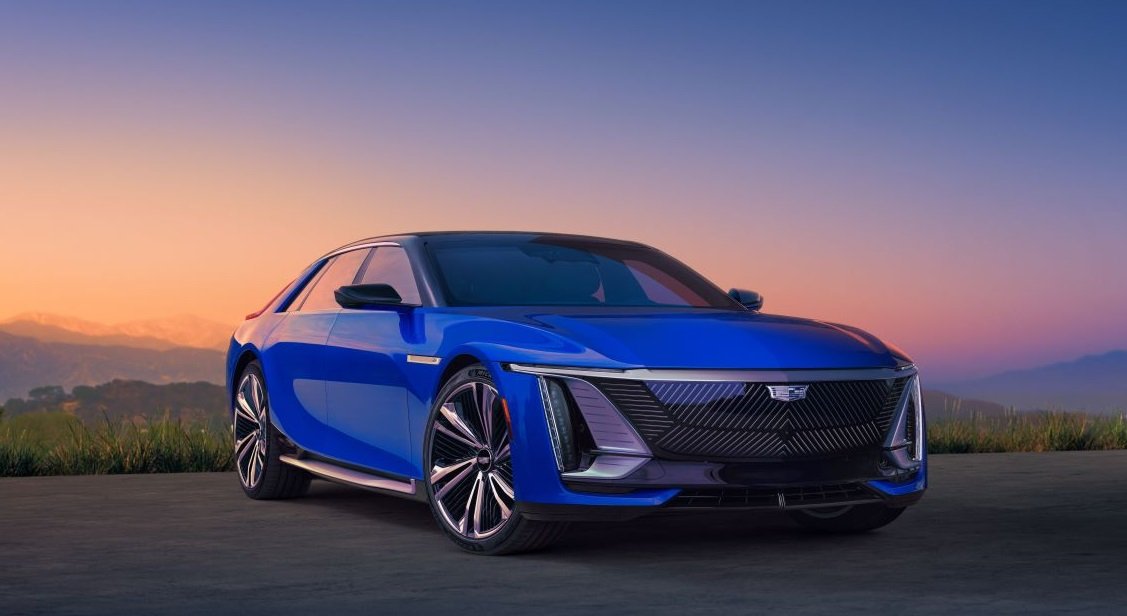Cadillac’s CTS sedan, one of the first production vehicles in the world to contain Vehicle-to-Vehicle (V2V) communication, has now successfully demonstrated Vehicle-to-Infrastructure (V2I) capability in Michigan. Cadillac CTS development vehicles received real-time data from traffic controllers on signal phasing and timing during successful demonstrations recently conducted in collaboration with Michigan road agencies.
V2I connects the Cadillac development vehicles to its surrounding infrastructure, allowing the vehicle to alert the driver of safety, mobility or environment-related conditions ahead. The traffic signals, located adjacent to the GM Warren Technical Center campus at the intersections of 12 Mile and 13 Mile roads, were able to send real-time data using Dedicated Short-Range Communications (DSRC) protocol to the development vehicles, which alerted the drivers of a potential red-light violation at current speed.

The 2017 Cadillac CTS luxury sedan. The Cadillac CTS, the centerpiece of Cadillac’s expanded and elevated portfolio receives new exterior appearance upgrades, technology features and streamlined trim levels for 2017.
This alert helps avoid the dangerous decision to either brake abruptly or accelerate through a busy intersection. To ensure the privacy of the driver, the vehicles do not transmit any identifying information such as VIN number, registration or MAC address, in their messages. For example, if a connected car runs a red light, the traffic signal may be able to say someone ran a red light, but will not be able to say who or what vehicle. As for cybersecurity, firewalls and other measures are used to ensure the DSRC signals cannot be interfered with and are only exchanged between the vehicle and the infrastructure.
This is similar to the encryption used on Cadillac’s V2V technology. The Michigan Department of Transportation in the US, Macomb Country Department of Roads in the US, and General Motors’ Research and Development are collaborating to showcase leadership in the connected and automated vehicle environment. Development of safety technologies, such as V2V and V2I communications, lays the groundwork for a connected, safer future.
Cadillac’s V2V solution uses GPS for positioning and DSRC for communication, which can handle 1,000 messages per second from vehicles up to about 1,000 feet away. V2V-equipped vehicles create an ad hoc wireless network that allows for the transfer of information without relying on sight lines, good weather conditions or cellular coverage. V2V is included as a standard feature on the 2017 CTS sedan in the US and Canada and complements a robust suite of available active safety features.










